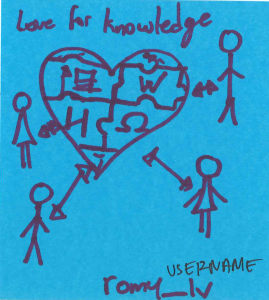
In the digital age, where user experience (UX) plays a pivotal role in the success of any online venture, businesses are increasingly turning to specialized professionals to ensure their products and services resonate with users. This is where UX agencies step into the spotlight, acting as the architects of seamless, intuitive, and enjoyable user experiences. In this blog, we’ll explore the world of UX Agency, shedding light on their significance, key functions, and the impact they have on shaping the digital landscape.
Understanding UX:
Before delving into the realm of UX agencies, it’s crucial to grasp the essence of user experience. UX is not just about creating visually appealing interfaces; it encompasses the entire journey a user takes while interacting with a product or service. This journey involves usability, accessibility, and overall satisfaction, making it a multidimensional concept that demands expertise and attention to detail.
The Birth of UX Agencies:
As the demand for superior user experiences skyrocketed, businesses recognized the need for specialized professionals who could navigate the intricacies of user-centric design. Enter UX agencies – dedicated teams of designers, researchers, and strategists committed to optimizing every facet of user interaction. These agencies bring a holistic approach to the table, combining creativity with data-driven insights to craft experiences that leave a lasting impression.
Key Functions of a UX Agency:
- User Research: UX agencies delve deep into understanding the target audience through comprehensive research. This involves studying user behaviors, preferences, and pain points to inform the design process.
- Information Architecture: Organizing information in a way that is intuitive and easily navigable is a crucial function of UX agencies. They create site maps and wireframes to structure content and interactions logically.
- Prototyping and Design: From paper sketches to interactive prototypes, UX agencies bring ideas to life through various design iterations. They focus on aesthetics, ensuring visual elements align with brand identity while prioritizing user functionality.
- Usability Testing: Before a product is launched, UX agencies conduct extensive usability testing to identify any potential issues or improvements. This iterative process helps refine the design and ensures a user-friendly end product.
- Accessibility and Inclusivity: Ensuring that digital experiences are accessible to users with diverse needs is a hallmark of a responsible UX agency. They strive to create inclusive designs that cater to a wide range of users.
Impact on Business Success:
Partnering with a UX agency goes beyond creating a visually appealing website or app; it directly impacts the bottom line of businesses. A positive user experience fosters customer loyalty, enhances brand perception, and ultimately contributes to increased conversions and revenue. In an era where user expectations are constantly evolving, businesses that prioritize UX gain a competitive edge in the market.




